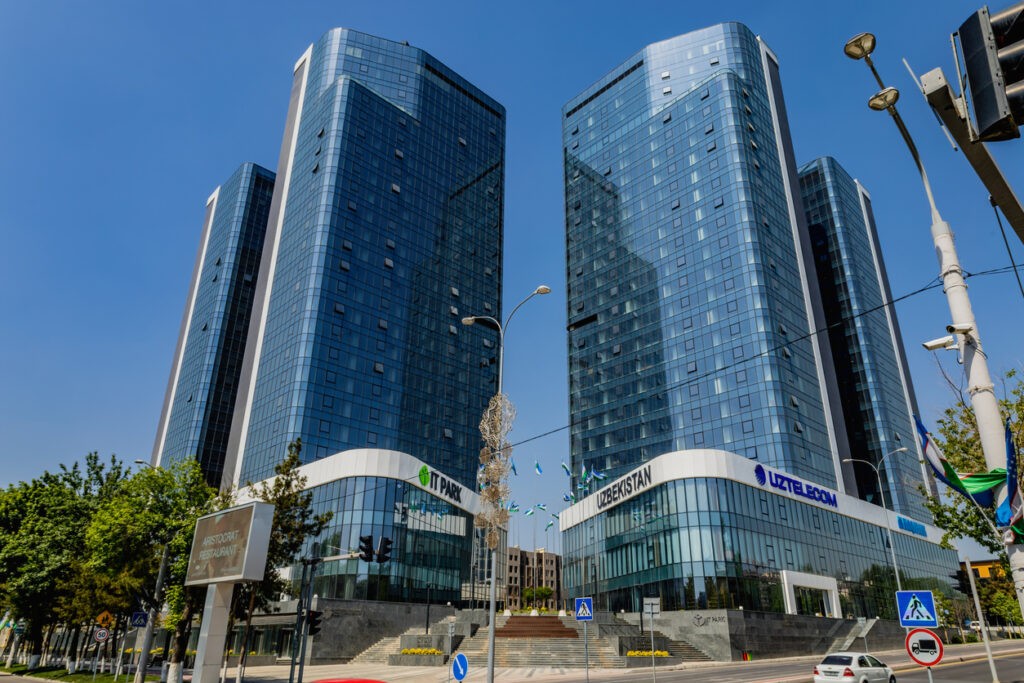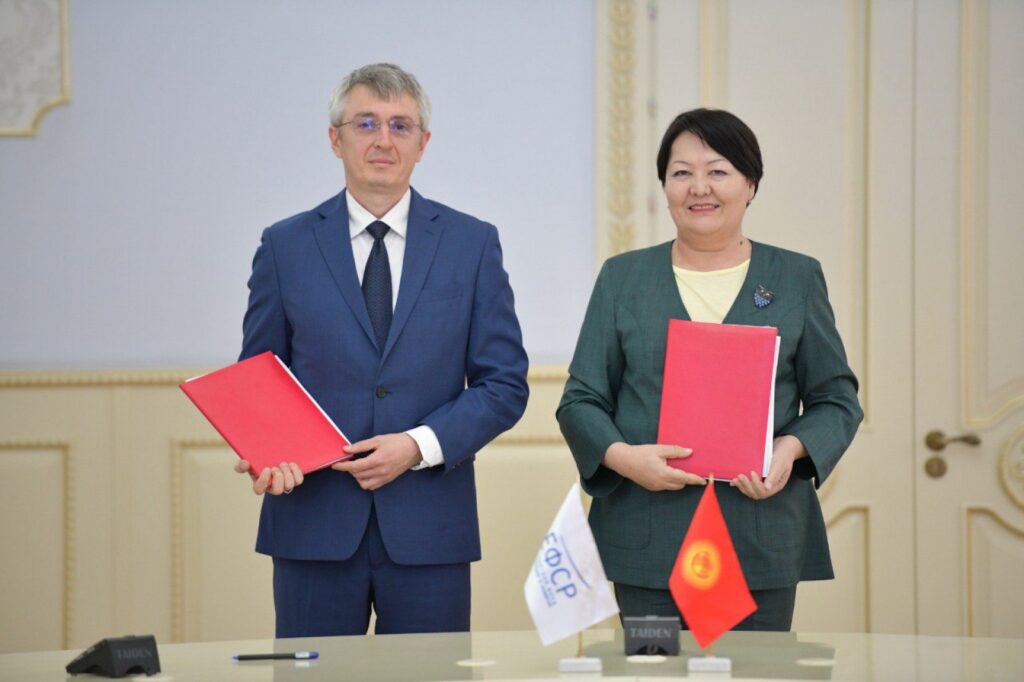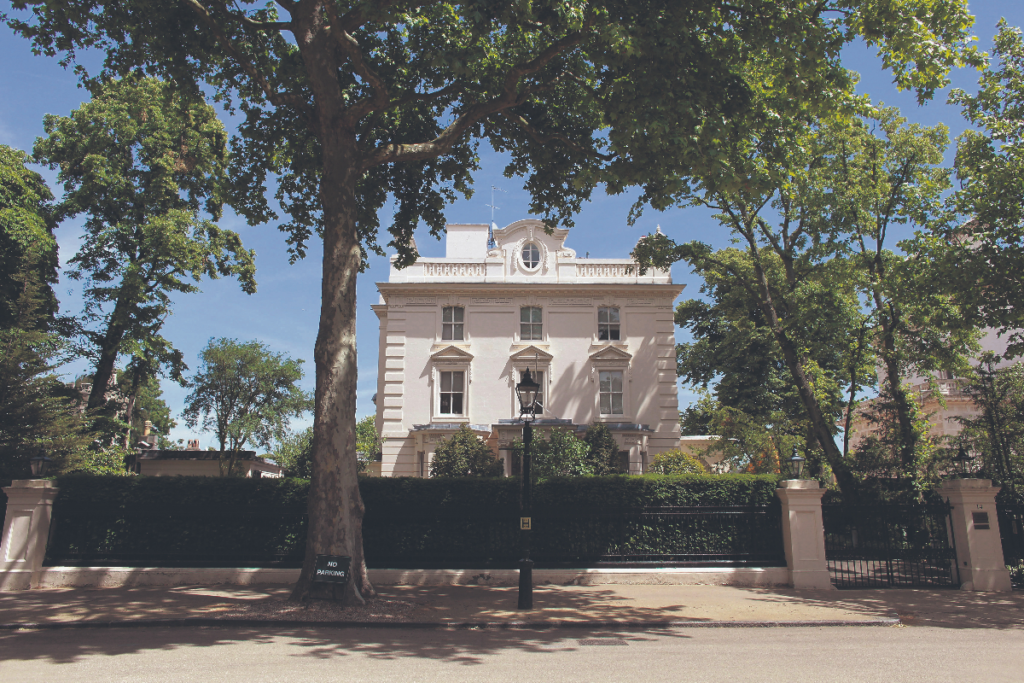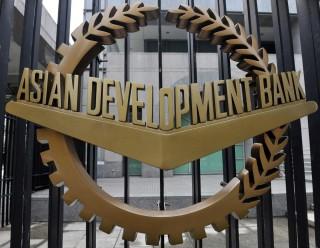ALMATY (TCA) — One more bank has come into trouble in Kazakhstan, whose banking sector has experienced several grave crises over the past decade. We are republishing this article by Almaz Kumenov on the issue, originally published by EurasiaNet.org:
Kazakhstan’s President Nursultan Nazarbayev has angrily condemned management at a mid-sized bank teetering on the verge of collapse, accusing it of falling prey to thieving shareholders.
The clouds have been gathering over RBK bank for some time now. Numerous accountholders have resorted to filing suit after the bank began last month to drastically limit payouts. Some customers have said they face eviction from their homes and are experiencing trouble paying their medical bills because their cash is tied up in the bank. RBK bank cards have been blocked since the end of October. Nazarbayev has pinned the liquidity issues on the bank’s management.
“Thieves should go to jail, which is where they will be sent,” Nazarbayev said on November 3, speaking to a congress of the ruling Nur Otan party. “Let us force them to return the money and stabilize the operations at this bank.”
Even without the pressures of an independent media or an opposition, Nazarbayev is evidently feeling anxiety over signs of yet more weakness in the nation’s banking industry, which has experienced one grave crisis after another over the past decade. His remarks come amid increasingly aggrieved public appeals from RBK customers.
“Some kind of information vacuum is happening. We don’t know what’s going on with our money, and they can’t tell us when we are going to get it back,” one accountholder, Gauhar Mambetkaziyeva, told Astana TV station in a report about a petition being collated for Nazarbayev’s attention. “I have sent queries to ask for a timeframe, how long will we have to be patient — one month, two, how much? And when they don’t write to us, we start to worry, because we’ve seen what’s happened with other banks.”
RBK’s troubles have been mounting for months, as Sputnik news agency has reported. The volume of customer deposits shrunk by 192 billion tenge ($574 million) in the first eight months of 2017 alone. At the end of August, S&P Global Ratings dropped the bank’s rating score from B-/B to CCC+/C.
The bank’s has been described by some as being in “technical default,” as it is unable to resolve its debts but has stopped short of declaring bankruptcy. Nazarbayev reportedly told a representative for a consumer rights watchdog on November 3 that RBK will not be permitted to declare bankruptcy and the savers would get all their money back.
For all Nazarbayev’s robust language, the government has yet to take firm action to address the situation, although National Bank chairman Daniyar Akishev said on November 1 that his office is in talk with shareholders and major creditors to explore a variety of options. The president’s insistence on requiring shareholders to reimburse customers, however, suggests a bailout is not in the cards.
RBK is among Kazakhstan’s largest 10 banks in terms of assets. As of October 1, it had assets of $2.9 billion, a loan portfolio worth $2.1 billion, $1.7 billion in customer deposits. Among those deposits, $580 million are held by individual customers.
RBK and another, smaller institution, Qazaq Banki, had been on course to merge — one in a series of similar operations going through in Kazakhstan as part of broader attempts to return stability to the country’s lending sector. Under a deal announced in May, the new structure would have operated under the RBK brand.
The banks announced in a joint message on October 12, however, that the merger is now off.









